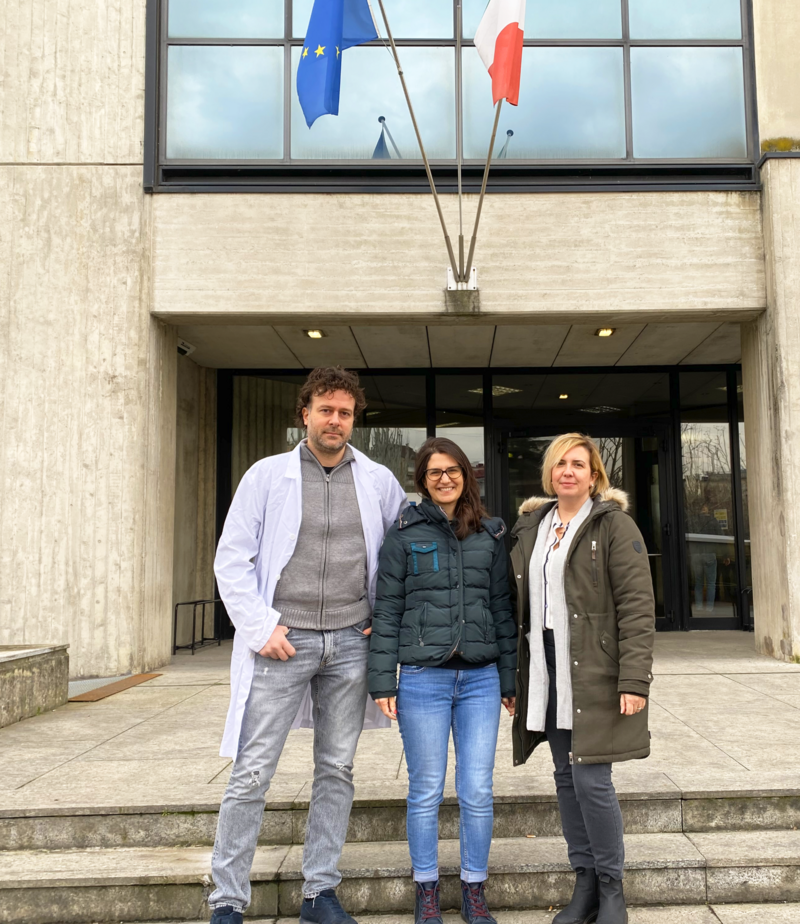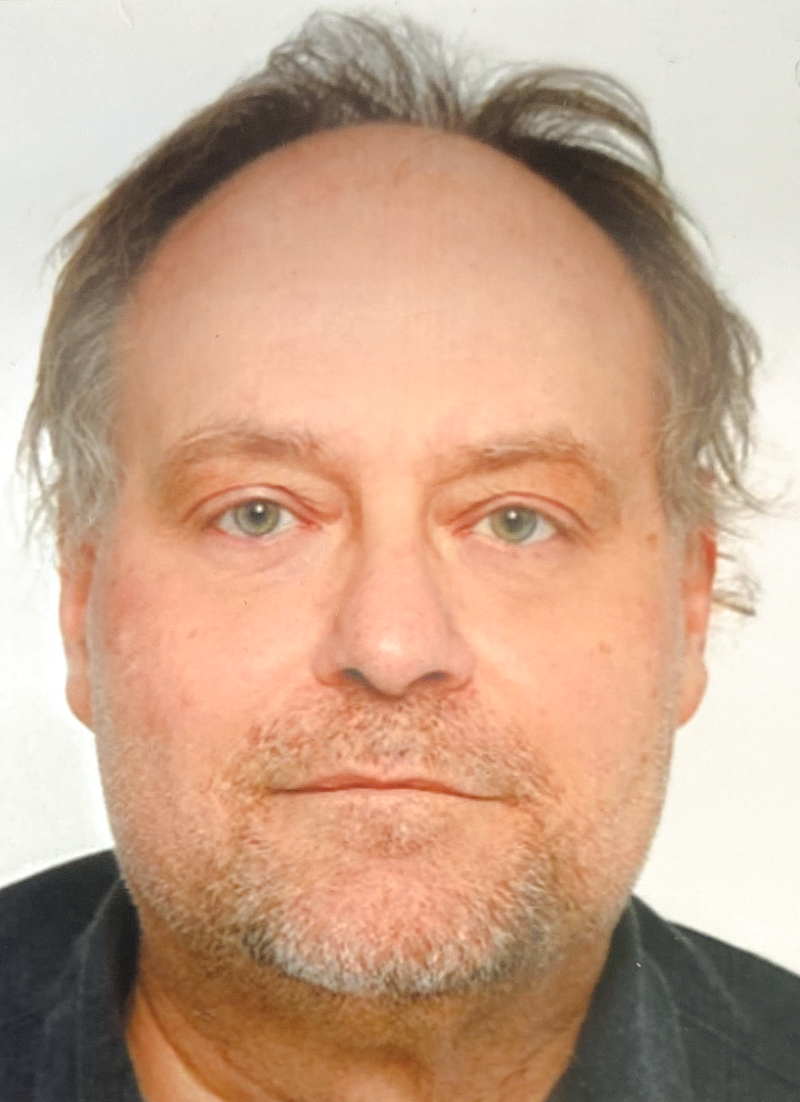Stem Cell Biology and Cancer Unit of the ITB - CNR

Eleonora Piscitelli, PhD research is focused on molecular and bioinformatic analysis of patient tissue and stem cells in human disease and cancer through development of novel primary tissue culture protocols. Piscitelli has developed novel methods for isolation of human stem cells and cancer stem cells and their culture in custom 3D chambers. Human 3D organoids and multi-cell co-cultures allow for discovery of therapeutic and pharmacological agents for disease and cancer treatments. The development of complex cell systems such as organotypic cultures is through use of high-resolution imaging and single-cell transcriptomic analysis combined with epigenetic technologies. Piscitelli recently is investigating non-biogenic scaffolds to identify tumor tissue secreted glycans and glycoconjugates and their role in promoting and driving oncogenesis.
Paride Pelucchi, PhD research in molecular oncology and stem cell research focuses on the characterization of genetic and epigenetic networks underlying patient stem cells using somatic and induced Pluripotent Stem Cells (iPSCs). Directed reprograming of patient cells for human disease modelling and regenerative medicine are suitable for clinical applications and developing high through put human ex situ disease tissue models. Complex cell systems, organotypic three-dimensional cultures and organoids is through single and mutligene expression modulation systems such as lentiviral and CRISPR/cas9 approaches. Single-cell transcriptomic analysis and novel bioinformatic tools combined with epigenetic approaches (ChIP-Seq, ATAC-seq) will provide understanding how non-template generated glycan/glyconjugate molecules are generated in specific cell types in human disease and cancer. Inparticular, Pelucchi is developing bioinformatic approaches to identify molecular mechanisms by which glycan/glycoconjugates are synthesized or modulated using single cell sequencing analysis approaches.
Cinzia Cocola, PhD research in human molecular oncology, stem cells and human disease through characterizion of complex cell interactions in tissue, organs and in vitro generated 3D organoids from patients using synthetic scaffolds followed by single cell transcriptomic analysis. She has developed novel molecular biochemical methods for isolation of patient complex glycoconjugates from organelles (eg, Golgi, lysosomes) to study vesicle and glycoconjugate trafficking. Currently, her research developments are towards the understanding at single cell level the molecular and cellular interactions of human cancer and immunity and inflammation processes in the interplay of tumor tissue stromal remodeling and angiogenesis. In this objectives, Cocola is developing specific cell lineages that have modulated expression of specific genes to study secretion and glycan and glyconjugates from human patient generated iPSCs and the role of glycans in cancer and aging.

Rolland Reinbold, PhD, MSc, research focuses on studying biomolecular interactions and trafficking of complex particles and subcellular behavior of membrane bound organelles and liquid-phase separation bodies in cancer, embryonic, organ development and human disease. Investigations are in biomolecular interactions of organelles and liquid-phase separation bodies with molecules of the extracellular space of cells in tissue and organs. 3D organoid cultures and stem cells from patients allow for ex situ cancer and disease modeling. Long term goals are in developing novel methods for regulating intracellular signaling by extracellular glycan remodeling and synthesis of novel glycoconjugate through generation of programmable synthetic organelles for cellular engineering. Specifically, “designer” membraneless organelles have been generated using recently identified multipass transmembrane proteins that dynamically modulate sequestration of conjugate glycan containing cargo trafficking. Identifying enzymatic controllers of glycan/glyconjugate organelle-based assembly and disassembly will allow for innovative glycosynthetic biology technologies for controlling cellular responses through the manipulation of membraneless organelles for ow control of cell cycle commitment or stem cell fate decisions in cancer.

Ileana Zucchi, PhD has an established history of developing novel technologies for studying cancer stem cells, role of membrane proteins and secreted factors in remodeling of tumor cell and stromal fronts in tumor invasion and metastasis. Ex situ models of normal and defective branching morphogenesis provided novel understanding of ductal carcinoma in situ, cancer stem cell driven formation and progression of cancer. These studies were complemented using animal cancer models. Zucchi has a long history of training pre-doctoral and post-doctoral students from various countries. The emphasis of the training was to develop state of the art technologies for cell culture and genomic and epigenomic research. Her students have gone on to develop their research labs in USA, Italy and Europe.

